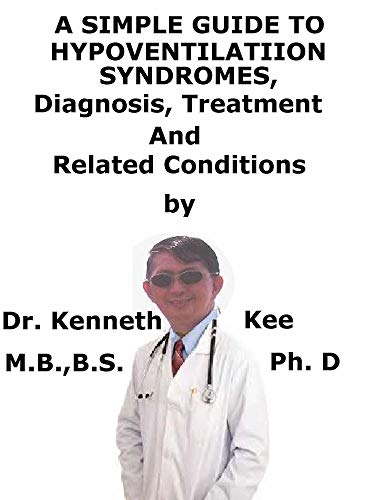Sleep-Related Hypoventilations
Resources for Patients and Caregivers
Sleep-related hypoventilation describes breathing that is too slow or shallow during sleep. The first signs of hypoventilation typically occur during sleep because when we’re awake, our brain can play a more active role5 in regulating our breathing.
Cluster Number:
Wiki Number: 42-Sleep-Related Hypoventilations
Diagnosis:
US Patients:
World Patients:
Sex Ratio:
Age Onset:
Brain Area:
Symptoms:
Progression:
Causes:
Medications:
Therapies:
Youtube Video: Ventilation, Hypoventilation & Hyperventilation
Amazon or Library Book: (Kindle Only)
A Simple Guide to Hypoventilation Syndromes
Click the book to link or order from Amazon. (The book is Kindle-Only.)
Support Group: CCHS Network.org; (Congenital Central Hypoventilation – genetically-caused inadequate breathing)
[feedzy-rss feeds=”https://pubmed.ncbi.nlm.nih.gov/rss/search/1LM5GtZJjqwF8JlhPuc3ea7Mlbit3Qdz6rtPqEnQ7QSWPp2IaN/?limit=15&utm_campaign=pubmed-2&fc=20211201142112″ max=”4″ feed_title=”no” meta=”author, date” columns=”3″ thumb=”no” http=”default” template=”style2″]

